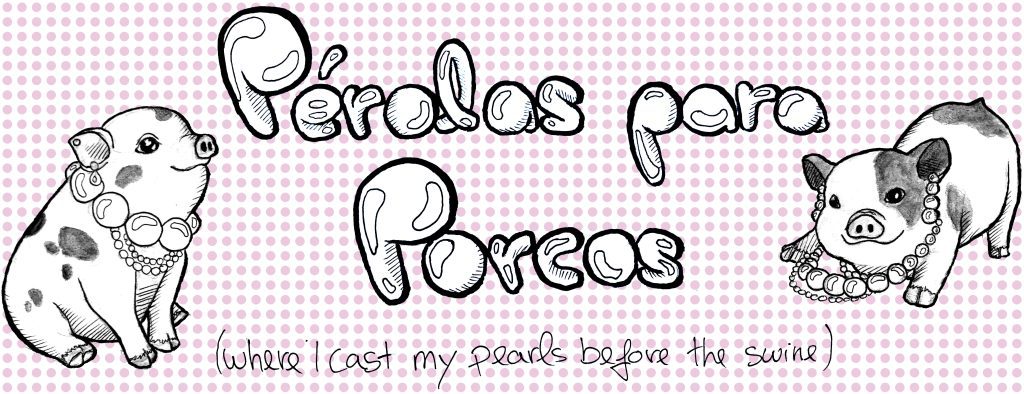A crucial aspect of being able to make films independently is the funding, which not only is essential to pay for the materials, space and equipment, but also the animator and anyone else involved in the making of the film such as the composer, editor, sound editor, actors, writers, etc. There are multiple industry related events that enable animators and writers to pitch their ideas to production companies, but a lot of the times there tends to be a focus on the business aspect and profitability of projects with longer formats, like TV series, as well as more cost effective animation techniques, such as computer generated 3D and 2D. For animators to be able to create films that focus more on being experimental, personal and historicopolitical than entertaining and profitable, it’s essential to find a way of financing these projects without any expectation of profit gain and without compromising their artistic expression.

One of the most prominent charitable organizations is the BFI (British Film Institute), which is mainly funded by the government as well as the National Lottery, in other words is a public film fund for those residing in the UK. The BFI Film Fund includes funding for British films of different lengths as well as co-production with international directors and there are at least 4 types of funds that animators can get through the BFI. For feature films there is the Development Fund (deadline is end August), which is aimed for the early stages of a production “from treatments to production-ready screenplays”, and there’s also the Discovery and Impact Feature Funding (deadline was the end of March) for debut and experienced directors respectively, with awards of around one million pounds. For short films there’s the BFI Network England short film funding which gives out awards between 5000 to 25000 pounds to films that are up to 15 minutes long. In order to access the latter, there needs to be a producer (that resides in the UK as well) that is someone different from the director, and the projects have to be original ideas and not adaptations of already existing material. It’s necessary to present a production calendar, a budget list, as well as, a script or storyboard, but the production film shouldn’t have started before applying for the fund. This application deadline is the 23rd of May it should be done and submitted by the producer.

From France there is CICLIC Animation, based in Vendôme, which is a public institution created by the Centre-Val de Loire Region and the French government and it mainly focus on the creation, production and distribution of stop-motion independent animation short films and it has gradually started accepting more styles of 2D animation, but always excluding 3D computer animation. For feature films and TV series/TV specials they offer development grants of up to 25000€, and for short films they provide a residency of a maximum 6 months in Vendôme covering all the costs regarding housing and workspaces for the director and their team and providing a grant of up to 50000€. Unlike BFI, the application can be submitted by the director and there are no restrictions regarding adaptations as long as there are the adequate copyright agreements. These programs are aimed to any director or short film production company based in countries that are member states of EEA (European Economic Area) and application deadlines take place twice a year, both in February 10th (Spring Session) and September 15th (Autumn Session).

Another important public film fund organization to mention is the NFB (National Film Board of Canada), although I wouldn’t be eligible to most of its funding programs due to not being a citizen or resident of Canada. The NFB have historically played an important role in developing animation films of the most prominent stop-motion directors, such as Norman McLaren, Co Hoedeman and Caroline Leaf, and they tend to focus on quite political themes and experimental animation techniques and storytelling. For international animators NFB offers the option of co-producing international projects, never funding more than 49% of the production budget. In order to make a proposal, directors or producers should contact the NFB production studios directly to understand the requirements of the submission, in case of animation those studios would either be in Vancouver or Montreal. NFB accepts proposals throughout the entire year, without having any specific deadlines.
